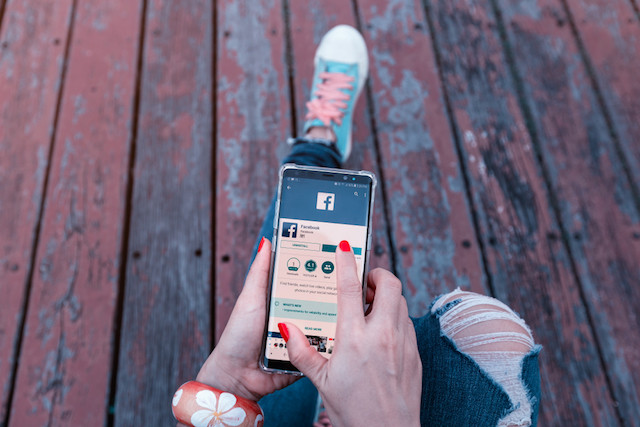Facebook chiefs had plenty to celebrate as the chimes marked the end of a catastrophic 2018 for the social networking platform.
After the Cambridge Analytica files, revealing that the data analytics firm harvested millions of Facebook profiles of US voters to predict and influence voting in the 2016 US elections and the Brexit referendum, and September’s data breach, the firm is coming under increasing fire for passing the buck on content monitoring. Last year testimonies emerged from the thousands of moderators, who say they are overwhelmed by the impossible task of sifting out offensive content.
If this were a shop or a physical product, it would have been closed down or removed from shelves as people voted with their wallets.
But who is leaving?
The #DeleteFacebook movement apparently succeeded in mobilising a quarter of Americans to delete the app. And, a growing trend among young people is to bypass the platform altogether, favouring instead Snapchat, among others. But, I see little change in my generation and in Luxembourg where the tool’s usefulness is amplified by expat lifestyles. I reluctantly created a profile in 2007--reluctant because it’s hardly natural to want to tell strangers what you’re doing or thinking at any given moment. But, it proved critical for sharing photos with my family and friends when I moved abroad and now I have so few email addresses for friends, I wouldn't know how I’d get in touch if I quit Facebook.
Friends aside, it’s also the easiest way to reach disparate groups in Luxembourg--both for branding and content. Today I tend to use Facebook less for family discussions (*you might say we have Whatsapp for that but remember they share data with Facebook) and more for sharing work content online and finding stories.
Outside of work, it’s useful for coordinating and promoting informal meetups and events, members of which I would have been hard-pressed to recruit without the power of Facebook. Finally, Facebook is a very convenient way to exchange and sell second-hand goods, be it furniture (oh so useful for newly arrived and departing residents) or clothing. It helps us get more life out of perfectly serviceable items which would otherwise have ended up at the tip.
So, we're screwed?
Re-reading the last few paragraphs, they sound like classic addict excuses: “I’d like to quit, but I can’t”. Or can I?
There are alternative platforms serving at least one or two of the roles Facebook does. For instance, meetup.com brings people together over shared interests. I was initially put off by the subscription fee, but if we’ve learned anything from Facebook it should be that you get nothing for free. This way, you know they’re not monetising your data to pay staff. Another is Eventbrite (free for the basic model), which helps both publicise events and keep track of who has signed up. Both have geographic filters so you can see what’s happening in your area.
What about the second-hand market?
Besides physical second-hand shops (Troc, Ligue HMC second-hand shop, Nei Aarbecht, to name but a few), there’s yourshop.lu, for second-hand items and handicrafts (think etsy in Luxembourg) and don’t forget the second-hand doyenne, Craigslist, which is used here too.
And messaging?
It’s been about 40 years since the first email was sent. In the 20 or so years since I first created an account I can honestly say it’s remained as useful as a (mobile) phone number. Facebook has enabled us to become lazy about gathering contact details. But, it wouldn’t take much for us to change our habits and start gathering email, phone numbers, birthdays and why not, even physical addresses.
I recently sent a friend a house-warming card and she was so touched. It made me realise how much digital communication has dehumanised our exchanges. The time it took to buy a card, write her address, affix a stamp and post it, was nothing. But, I’m sure it brought a greater sustainable and healthy endorphin rush than a Facebook message would have delivered.
Facebook celebrates its fifteenth anniversary in February. It may have changed our habits in that time but it will take less than 15 years to wean us off. We just need to be creative and curious about what other digital and physical communication tools exist and use them.
